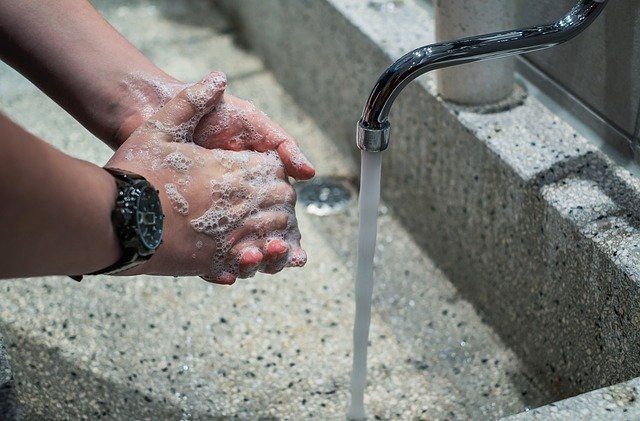The second part of a series on the financial help available from the newly-enacted Coronavirus Aid, Relief, and Economic Security (CARES) Act looks at the impact on the business sector, in particular the severely-distressed sectors of healthcare, the commercial airline industry, and financial services.
To report on the relief bill’s impact on consumers, please see Part I here.
Relief for the Healthcare Sector
Among various measures, the CARES Act mandates that national stockpiles include protective masks and equipment and expedites the approval of drugs and medical devices to build medical resources capable of addressing current and future outbreaks. Health insurers must cover the full cost of COVID-19 testing, and immunizations or preventive services for COVID-19 yet developed. CARES also authorizes home delivery of medical nutrition services for patients who are self-isolating and expands Medicare’s ability to cover treatment and services, including telehealth services. Here’s a link to expanded services.
Relief for the Business Sector:
- Small Business Loans. Until the end of 2020, small business owners with under 500 employees, including private nonprofit or public nonprofit organizations, can apply for no-fee, or low-free loans through the Small Business Administration (SBA) up to $10 million dollars, or 2½ times monthly payroll, mortgage, rent and debt payment expense. The money can be used to pay for increased medical, family, and sick leave costs under the FFCRA. The SBA offers this information. Also include a small business consultant in your discussion. Are your local small businesses planning on taking out loans?
In addition, from April 1 through Dec. 31, 2020, the Families First Coronavirus Response Act (FFCRA) requires employers with less than 500 employers to enact federal emergency paid sick leave and emergency paid family and medical leave for reasons related to COVID-19. An employee unable to work or telework who is quarantined, has been advised to quarantine or is experiencing symptoms and seeking a medical diagnosis can be paid up to $511 a day, or $5,111. Employers must also provide up to 10 weeks of emergency paid family and medical leave, capped at $200 per day, or $10,000 total, if an employee is unable to work in order to care for a child whose school or child care provider is closed for reasons related to COVID-19. Will employers need to take out loans to comply with this emergency rule affect?
- Assistance to Severely Distressed Sectors. The commercial airline industry has already received $50 billion of the $500 billion earmarked for hard-hit business sectors, but the U.S. Treasury will benefit from any future gains, such as warrants, stock options, common or preferred stock, from helping companies, to prevent a replay of the outsize compensation that executives received following the financial crisis of 2007-2009. Companies accepting loans from the government are prohibited from buying back stock and paying stock dividends during the lifetime of the loan. Stock buybacks increased from $4.3 billion in 2009 to $88.6 billion in 2018, according to Birinyi Associates.
Corporations. CARES allows corporations to delay quarterly income tax payments until Oct. 15 and also to defer paying payroll and employment taxes, and their 2020 contributions, over the next two years. How will this measure help local corporations stabilize their bottom line? Interview several small business owners and find out what they plan to do.










